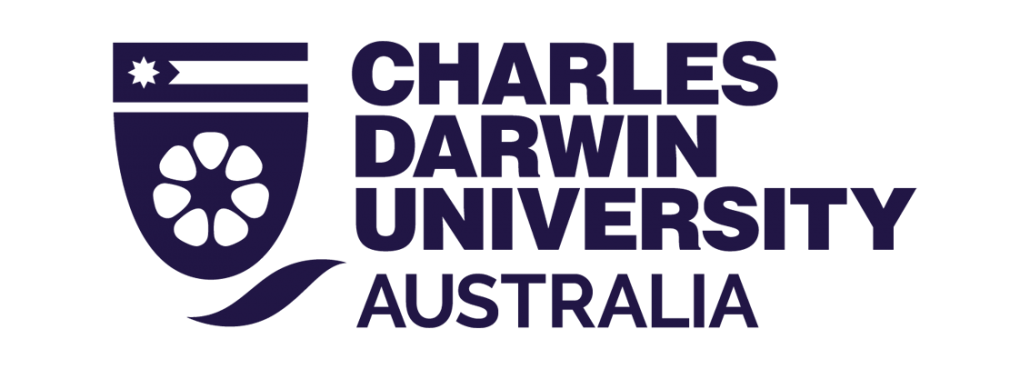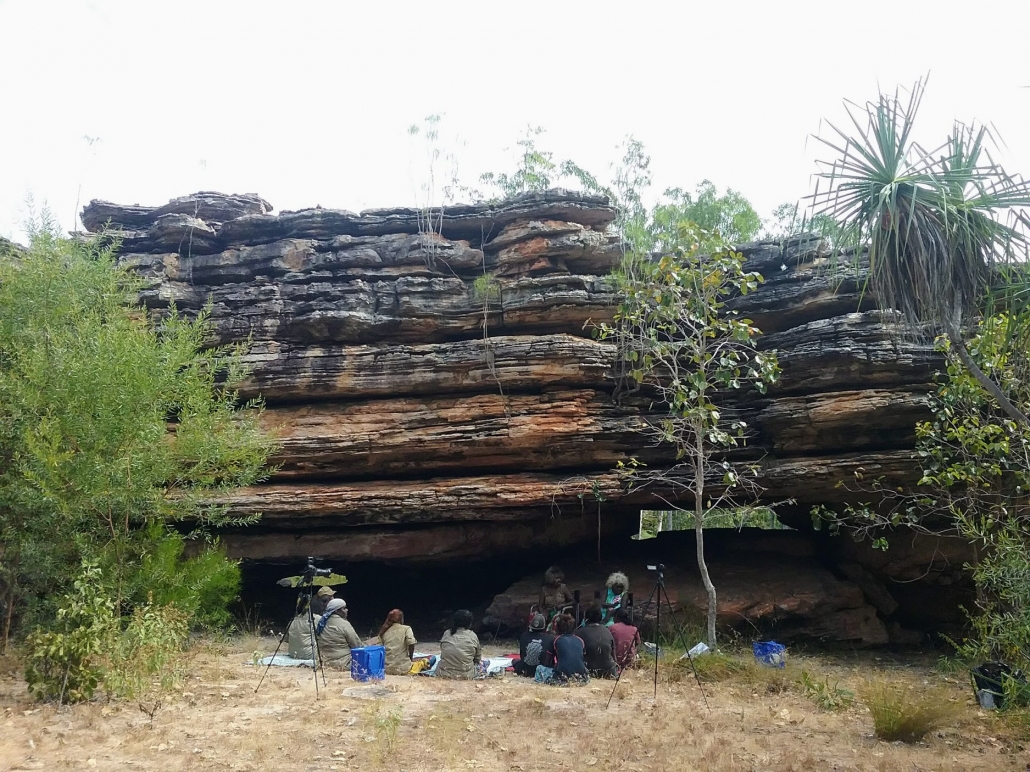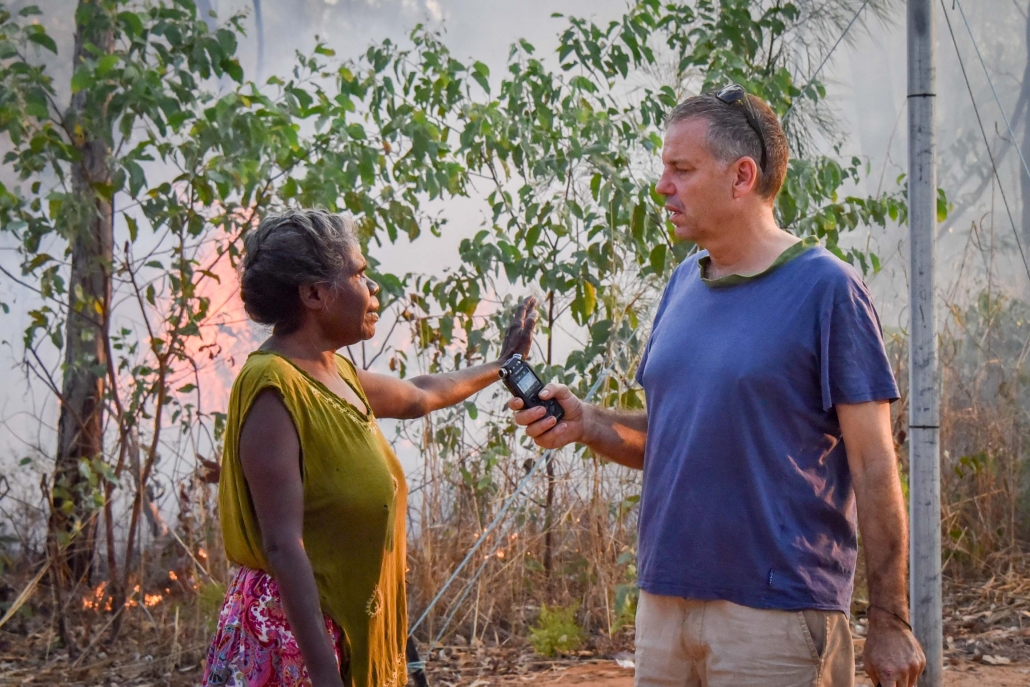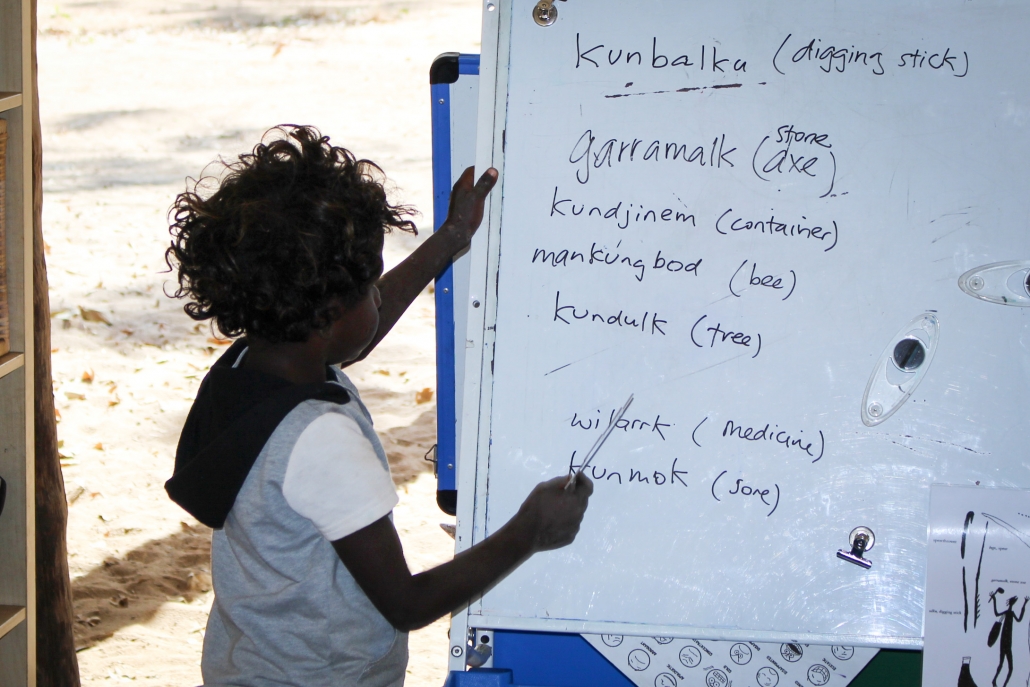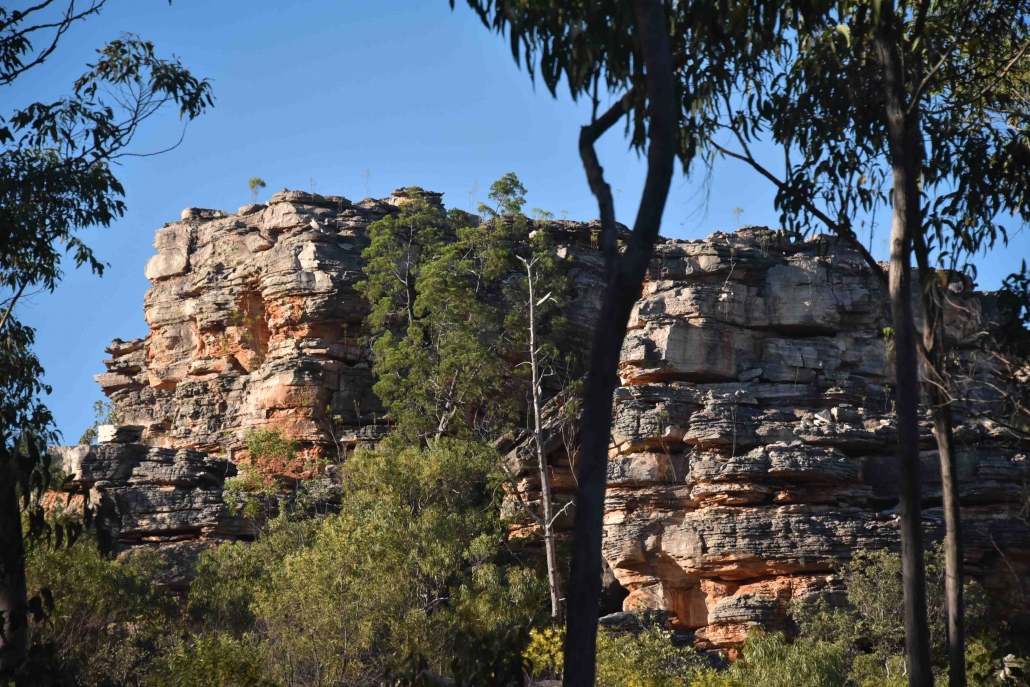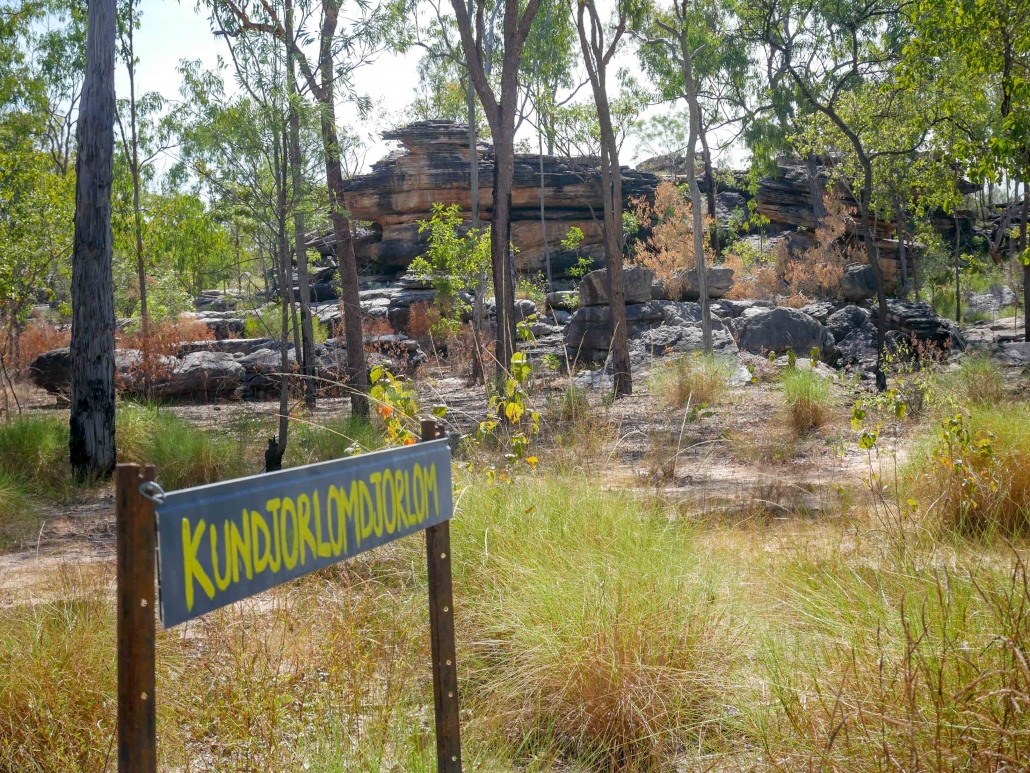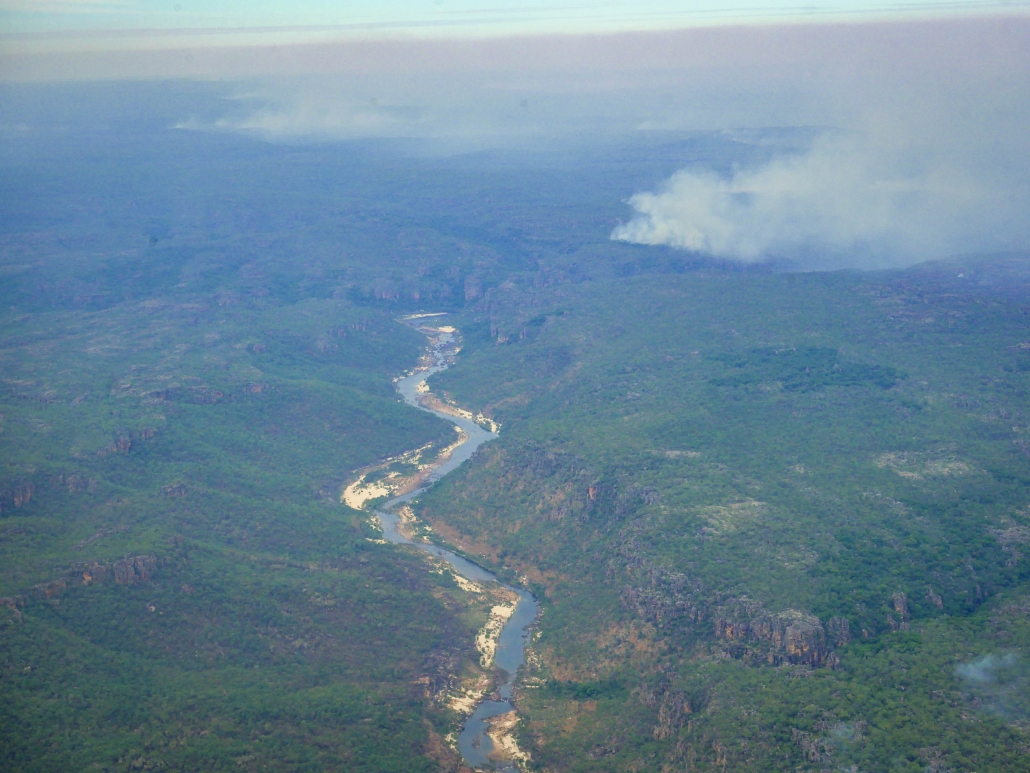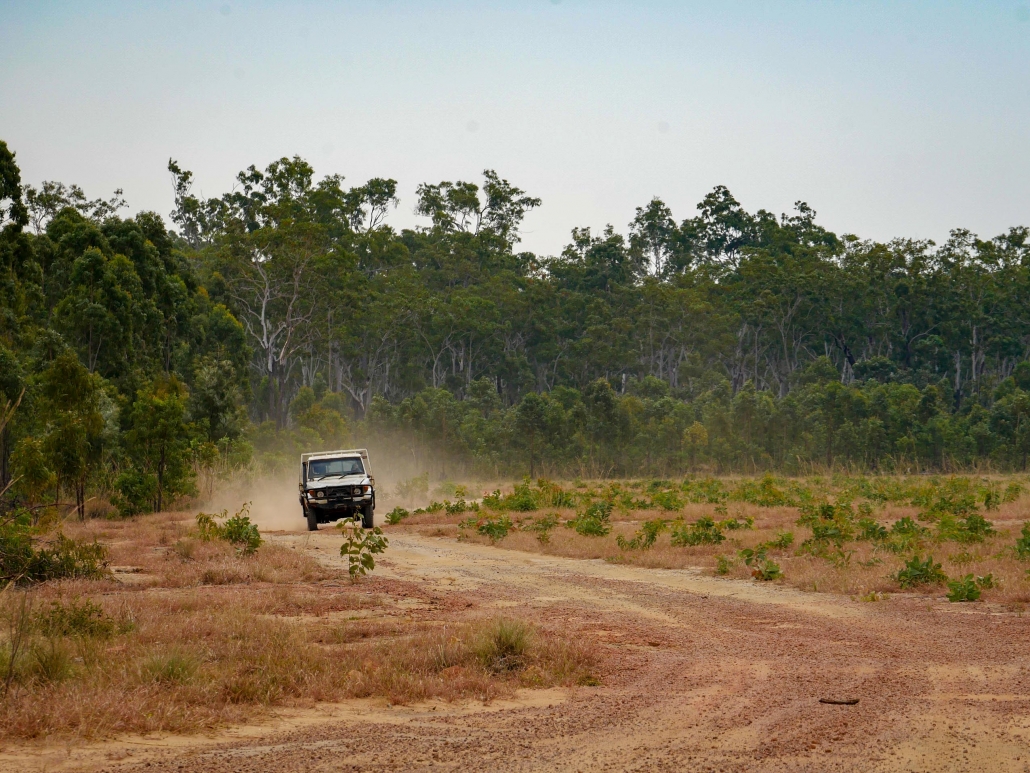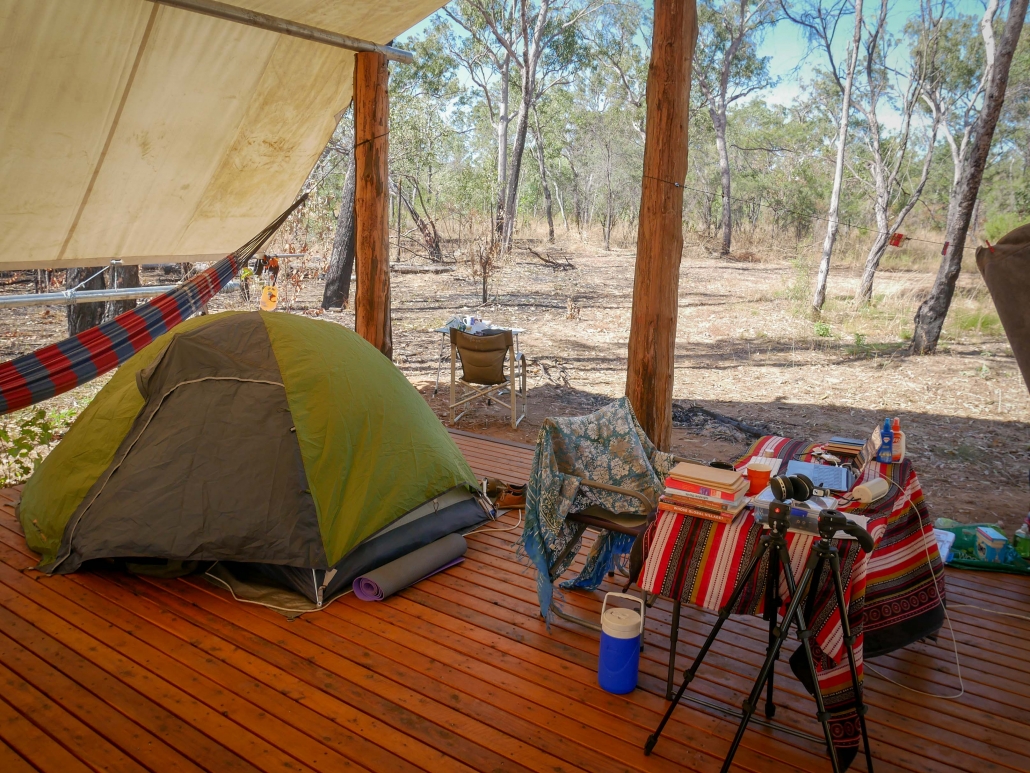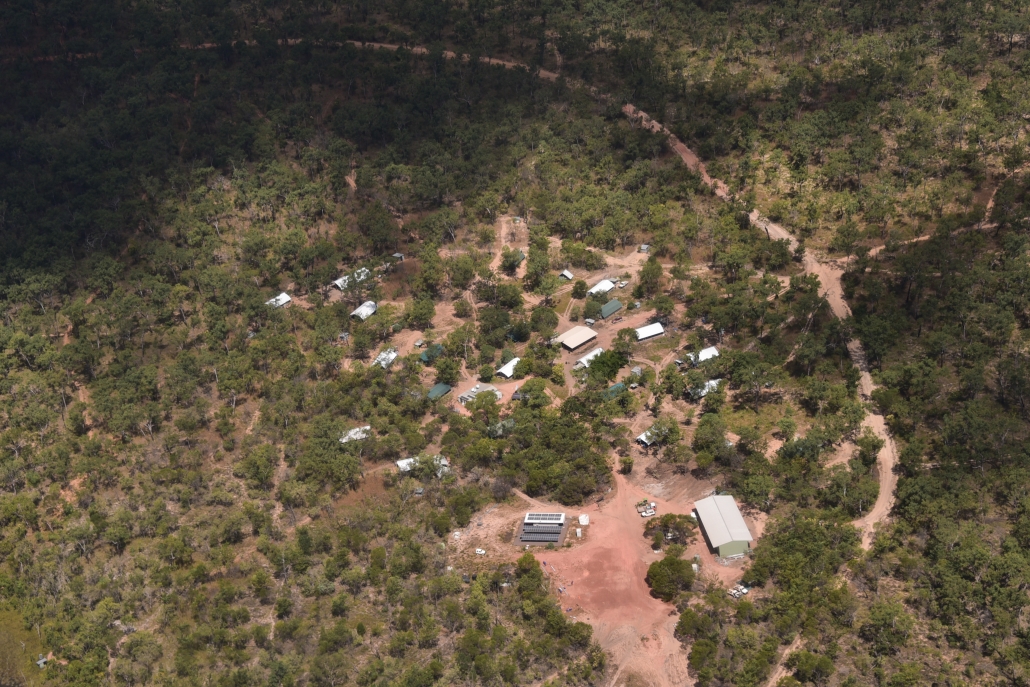We have PhD projects for students with backgrounds in computer science, human-computer interaction, machine learning, linguistics, language acquisition, anthropology, and other language-related fields. We have relationships with several Indigenous communities in the Northern Territory and Western Australia which may serve as field sites.
To discuss possible research topics please email Steven Bird or any of our staff (listed here). Please include information about your research interests and any prior research experience. (More about the application process and scholarships here).
Keeping Culture Strong: Indigenous storytelling as social exchange
Supervisors: Steven Bird, Bhanu Bhatia, Ian Gumbula
The project will investigate Indigenous storytelling and the construct of ‘language parties’ where Australia’s oldest and newest inhabitants exchange stories in the original languages along with explanations in English. Language parties create a space where storytellers, Indigenous and Immigrant alike, seem to experience a new kind of civic participation. This is an experience where they do not need to assimilate in order to belong, where they can be publicly recognised as having a valuable contribution to make to our cultural life. Such story exchange may also come to function as a deeper form of ‘welcome to country’. The project will involve ethnographic research and participatory action research, as we continue to iterate on the design of language parties and learn from participants.
Climate Change, Ethical AI and Indigenous Sovereignty
Supervisor: Steven Bird, Ian Gumbula, and members of the CDU First Nations Sovereignty and Diplomacy Centre
The growing technologisation of the global information society is widening the digital divide, notably in remote, marginalised communities. A feature of this divide is the loss of agency, most striking in the rise of deep learning, where human expertise is used to train machines which replace humans, in the name of efficiency. This project will investigate new ways to design artificial intelligence for communicating about extreme weather and climate change. The currently dominant construct is for humans to perform menial labelling tasks in order to build the capacity of machines, e.g. for teaching machines to recognise images. This project will flip this story. The project will theorise AI from an Indigenous standpoint, working in partnership with First Nations researchers. We will pivot from human-in-the-loop to machine-in-the-loop, from approaches that prioritise machine efficiency to those that prioritise human agency.
Investing in Aboriginal Languages
Supervisors: Steven Bird, Michael Christie, Michaela Spencer
This PhD project will develop a new evidence-based model of Aboriginal language programs, in the context of an ARC Discovery Project of the same name. The goal is to explain how language programs work, and to inform local and national decision-making about how to invest in Aboriginal languages. Working from the ground up in collaboration with Aboriginal researchers and with non-Indigenous linguists, we will seek to identify and explain the mechanisms of language revitalisation, respecting diverse understandings about the nature and purpose of “language’ and ‘vitality’. We will consider why a program that is effective in one setting is ineffective in another. We will develop a toolkit for evaluating language programs for use by communities and by funders. The project will be situated in multiple communities in the Northern Territory and Western Australia, in places where there are unbroken lines of language transmission down to the present generation. We will operate through established language centres because they provide local Aboriginal governance, they host many programs, they are sites of government investment, and they provide safe places for the project team to work together. We will relate to the peak national bodies that offer funding and professional development to language centres. The project has federal funding in support of site visits. The ideal candidate would be a First Nations Australian, or have established connections in an Aboriginal community.
Mobile-Assisted Oral Language Learning
Supervisor: Steven Bird
Community workers who engage with linguistic minorities usually operate through a vehicular or contact language. Some choose to learn the local vernacular language because it promises greater access and insights into the society they have entered. This pattern is found across the world, in disaster and relief settings, and closer to home in urban minorities and in remote indigenous communities. As Dixon and Deak (2010) have observed, “the desire of non-Indigenous people (such as teachers, nurses and other community workers) to learn a Pilbara language was recognised as having the potential for positive flow-on effects throughout the community, in terms of improved provision of key services (especially in the health and education spheres), as well as increased awareness of Indigenous people’s language rights.” In many such places, the local language is primarily oral; there may be a writing system but it is not in widespread use, or not relevant to the work that newcomers are performing. In this project, the PhD student will work with local people to co-design new methods for learning an oral language. Of particular interest is mobile technologies which can serve to capture key pieces of language in context, and which can support learning of those pieces through guided repetition. The project will leverage the interactional context, such as the opportunities for two-way language learning, and the desire of newcomers and local to work together more effectively. For example, in a healthcare setting, how can mobile technologies support medical professionals and their clients to acquire concepts and practices in both directions, when understandings of disease and risk may be radically different? Similar opportunities are common wherever people seek to work together across a linguistic and cultural barrier and where well-established, simplistic approaches to translation break down. The ideal candidate would be a First Nations Australian or an Indigenous person from outside Australia, or have established connections in an Indigenous community.
